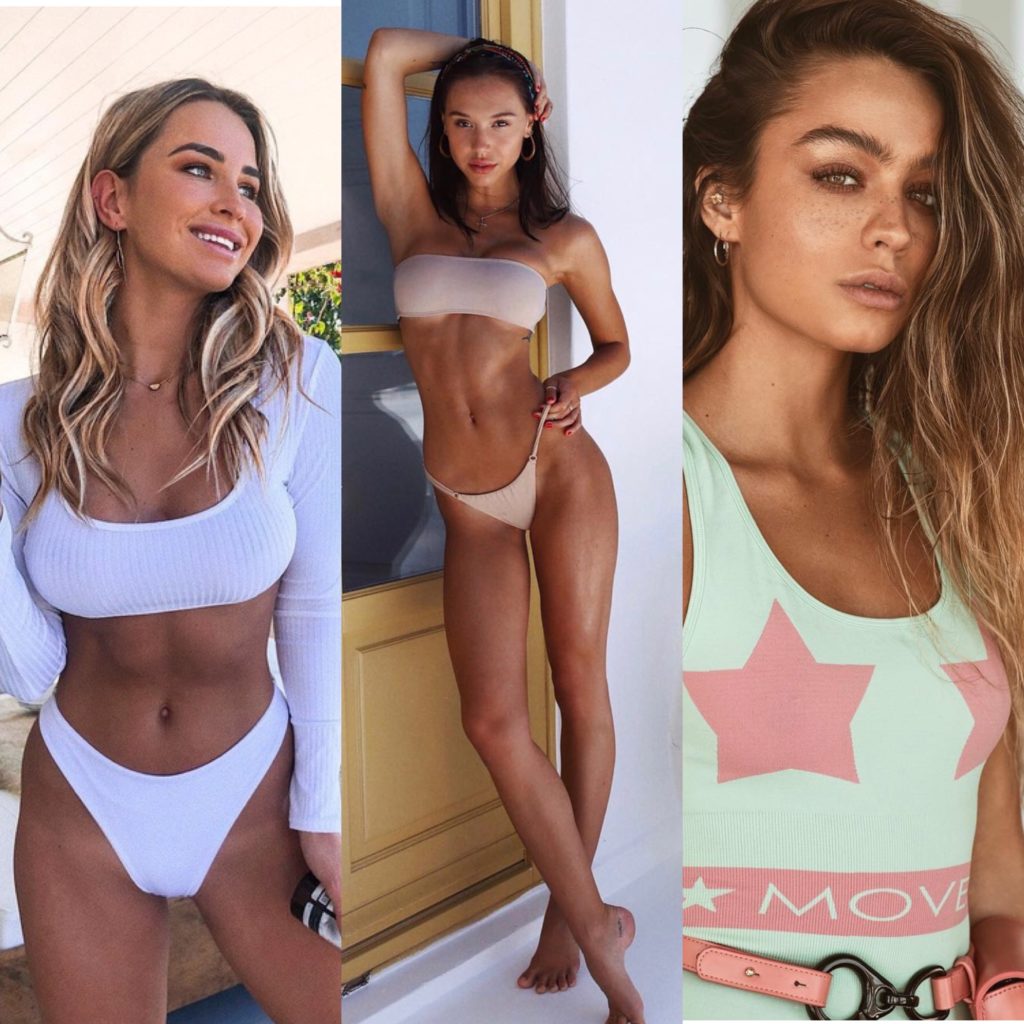If you know the names Stassiebaby, Sommer Ray or Alexis Ren, it’s likely because you have Instagram. These women, with a combined 48.2 million followers, make up just a fraction of a new social media category – “Instagram Models.” The underrated and significant talent of these young men and women is a remarkable ability to brand themselves. While often they eventually get signed by various modeling agencies, their Instagram accounts are still a form of individual expression. Nonetheless conscious of their enormous followings, they aren’t confined by managers or agents who handle every picture that they post. The essence of their career is rooted in their ability to self-promote. And though it may seem that unlike many celebrities, their influence is fairly limited, that’s far from the truth. On the one hand, these young beauties are extremely inspiring. They demonstrate to every user on the platform that you don’t need a famous last name or powerful agency to become successful. On the other hand, though their pictures aren’t carefully managed by employees, they are – more often than not – edited and synched and modified to look perfect. The only problem is, that no one is perfect.
Why Instagram Models are Inspirational
I highly doubt ‘inspirational’ is the first word that comes to mind when describing an Instagram model. The majority haven’t set out to change the world. However, unlike Kendall Jenner or the Hadid sisters, they truly are self-made. All they needed to launch themselves into various degrees of stardom was a public account and a photogenic face. Moreover, their bodies aren’t always the typical bodies of high-fashion models. Though they almost always adhere to societal beauty standards in one way or another, there is a degree of body-positivity that can’t be ignored. Their curves aren’t reflective of couture runways yet their following on social media is greater than the majority of the women who walk catwalks.
Why Instagram Models Create a Toxic Culture
However, as it often goes with social media, there is a negative aspect to this recent development. The bitter truth about this new type of modeling is that, because it’s centered around self-promotion on a social media platform, reality is often blurred through the screen. Nearly every single photo is edited, and while there’s nothing wrong with that, real bodies are seldom seen on Instagram. The toxicity that this inevitably creates cannot be ignored. From an outsider’s perspective, consistently flawless photos minimize the confidence of the viewer.
In Conclusion…
Essentially, the double-edged sword of Instagram modeling comes from the knowledge that the “you can do it too” spirit is intertwined with the knowledge that everything is not what it seems. And similarly to models of any era, there will always be a hateful culture of body-shaming surrounding the industry. So while 74% of Gen Z spends their free time online, which includes social media, they are inevitably conflicted as to how they feel seeing these posts. I, on one hand, look at these young men and women and covet their clothes and stalk their feed to see what they like to share with the world. It serves its purpose to me – it’s entertaining. On the other hand, when I stand in front of the mirror hanging on my bedroom door, in the back of my mind, there is the knowledge that if I sat down, arched my back, stuck my phone in front of my face and sucked in, I still wouldn’t look like them. I am forced to remind myself that though while using Instagram, I too could just as easily change my settings to public and begin appealing to the masses, every single image and story would be preceded by a filter.

Katya Sucher was born in the United States but grew up in Moscow, and moved to Miami when she was 11. She speaks five languages and has a huge passion for traveling around the world and exploring different cultures. She attends Ransom Everglades Upper School, in Miami. At school, she loves to dance, throw discus and shot-put, is Vice-President or French Club and a member of Diversity Council. She loves writing, and she has every since she was a child. She particularly enjoys fiction, but also research papers about topics that interest her, like the Cold War, or fashion history. She loves sushi, chocolate, music, dogs and fashion. She believes that Gen Z has a voice much more powerful than any generation that preceded it, and its exposure to the ever-changing world is a tool that can help Gen Z influence society for the better.


